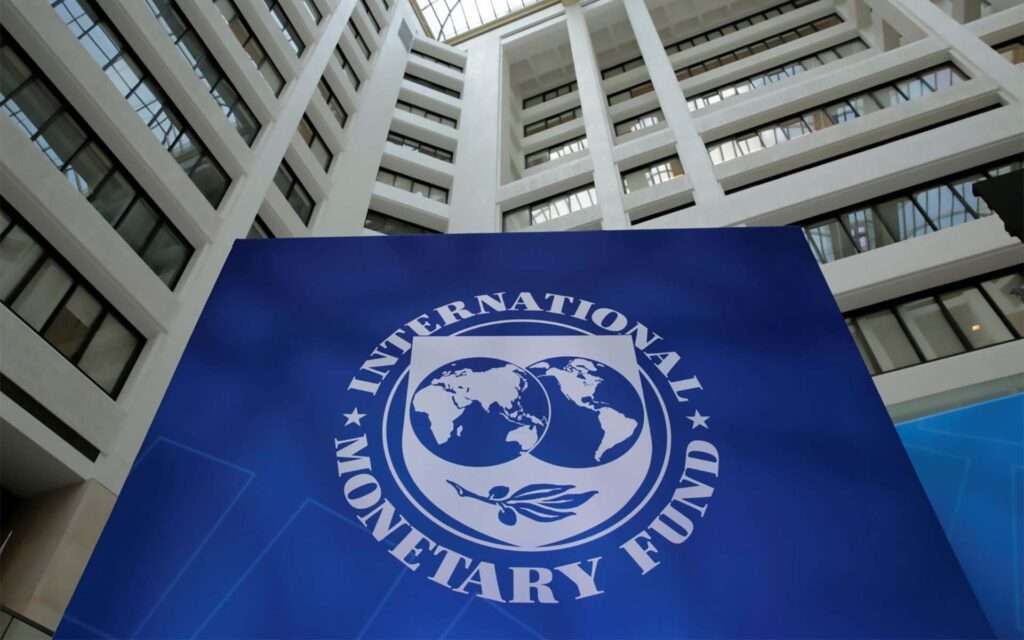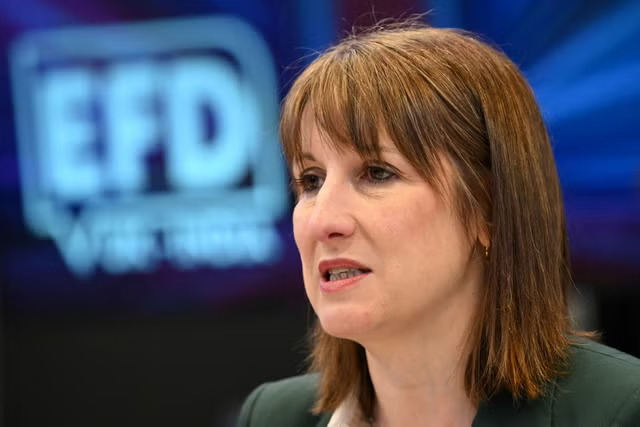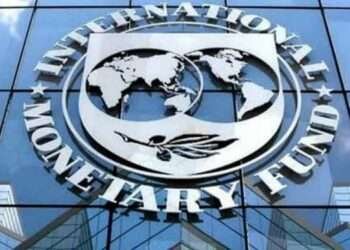The International Monetary Fund’s (IMF) recent downgrade of the United Kingdom’s economic growth forecast has dealt a significant blow to Chancellor Rachel Reeves, casting a shadow over her high-stakes visit to Washington, DC this week. As she seeks to solidify a new economic agreement with the United States, the revised figures have heightened urgency and scrutiny.
The economic growth forecast sets the tone for a challenging week for the chancellor, whose first face-to-face meeting with U.S. Treasury Secretary Scott Bessent is aimed at mitigating the damage from U.S. President Donald Trump’s aggressive trade tariffs. British officials hope these talks will yield a deal that could soften the economic fallout and restore investor confidence.
However, the IMF’s announcement has added pressure on Reeves to deliver results. The downgrade was steeper than that issued for other European economies, revealing the disproportionate toll Trump’s trade policies are taking on the UK. The IMF now predicts a 1.1 percent growth in 2025, slashed by 0.5 percent from earlier projections, with only a slight recovery to 1.4 percent in 2026 after another 0.1 percent cut.

“We are clearly seeing how much tariffs will hurt the economy, that is what is coming out from the IMF’s report,” said James Smith, research director at the Resolution Foundation. He also warned that the UK could face further downgrades if tensions escalate: “Potentially. And if there is an all-out trade war, then for sure that is the way it will go.”
The forecast undermines the fiscal headroom Reeves carved out during her spring statement. With £20 billion in leeway at risk, she may soon be forced to consider tax hikes or public spending cuts to meet her budgetary goals.
UK Seeks Relief In Washington Talks
The IMF attributed the UK’s dimming economic outlook to a mix of rising government borrowing costs, linked to Trump’s protectionist measures, and persistent inflation, exacerbated by the energy price surge following Russia’s invasion of Ukraine.
Trade analyst David Henig stressed that the chancellor must now negotiate assertively with global partners, not just the US.
“It’s obviously good if we can avoid as many tariffs as possible, but some of this will be a global effect, emphasising also the need to strengthen other trade relations.”
David Henig
Ms Reeves plans to advocate for free trade during the IMF’s Spring Meetings with G7 and G20 counterparts. Central to her pitch will be calls to eliminate the 25 percent tariff on UK-manufactured cars and steel, as well as accelerated negotiations on a wider economic agreement. Although insiders admit a full exemption from Trump’s 10 percent global tariff is unlikely, they remain hopeful about negotiating reductions.
The chancellor has made clear her resolve not to compromise British food standards, resisting pressure to include goods like chlorinated chicken in any prospective deal. “Any deal that is able to be secured will always have front and centre British national interest,” she stated before departing the UK.
While a major breakthrough isn’t expected during this visit, Reeves aims to establish a foundation for future negotiations that could protect the UK from further economic strain. Her immediate goal is to show leadership and signal that Britain is actively pursuing solutions amid global headwinds. Despite these efforts, the downgrade is a wake-up call for the British economy. With investor confidence wavering and inflation still high, the stakes for Reeves’ diplomacy could not be higher.




















